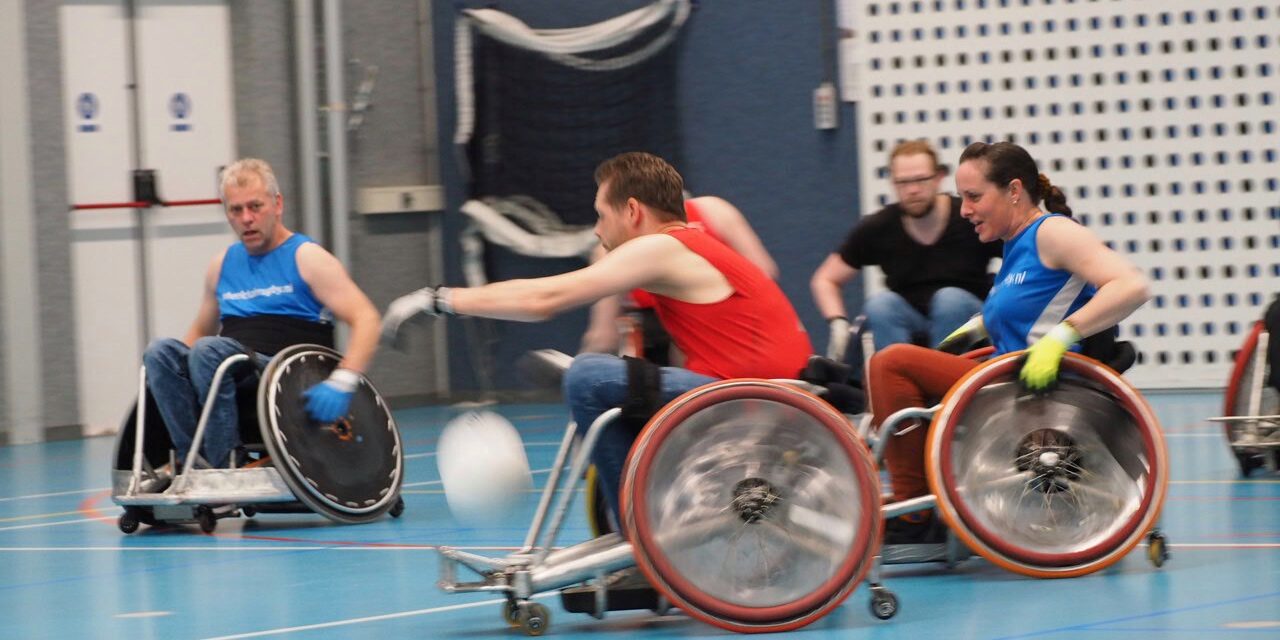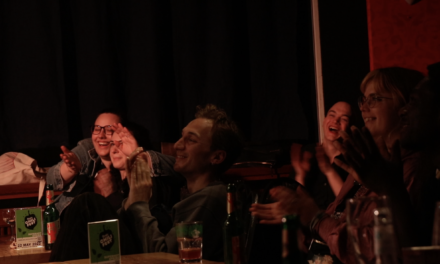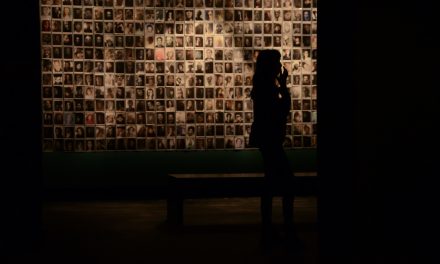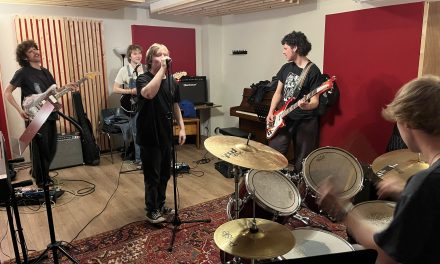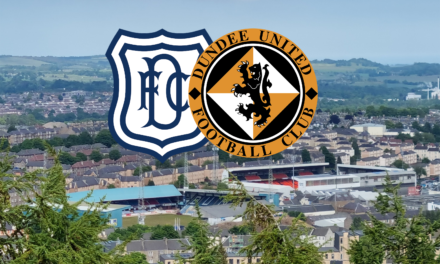“Full and effective participation and inclusion in society” (UNCRPD, Article 3, p. 5). This requirement of the UN Convention on the Rights of Persons with Disabilities, formulated in its General Principles, entered into force in 2008. However, despite the written statement of this goal, people with disabilities still often live on the fringes of society, feel restricted in their social life and not fully integrated into society. But how can this be remedied?
It is often said that sport is a pioneer of inclusion. In sport, encounters of people with and without disabilities take place that are very often not possible in everyday life. Sport offers the opportunity to overcome fears of contact on both sides. More and more sports clubs are making efforts to inform about the topic of inclusion and to educate trainers, but unfortunately, there is often a lack of resources for this, even if the will is there.
The Scorpions Wheelchair Rugby Club Utrecht is an example of a successful implementation of a disability-specific sports offer. It is one of a few wheelchair rugby clubs in the Netherlands that also competes at a national level. Wheelchair rugby is a rough sport played in teams of up to four players using special wheelchairs, called attack and defensive chairs. The Scorpions have been coached for almost twenty years by Suzan Vukkink, who is not in a wheelchair, but also stands in for players and plays herself when one cannot come to training. But of course, a coach can also be someone in a wheelchair, says Suzan. “We train each other anyway. The players have more experience than I do, we learn from each other and we do it together,” she says.
Shared experiences have the advantage of creating a community for both social groups and can thus contribute to inclusion. Because inclusion through sport means above all that not only the differences but also and especially the commonality of disabled and non-disabled people are perceived.
So is sport a pioneer for more inclusion in all areas of society? Suzan Vukkink and Wouter Pieters, one of the players of the Scorpions, provide answers in this audio production.
[embed]https://soundcloud.com/user-194648547-900829791/inclusion-in-sport/s-PWR651nZm3A?utm_source=clipboard&utm_medium=text&utm_campaign=social_sharing[/embed]